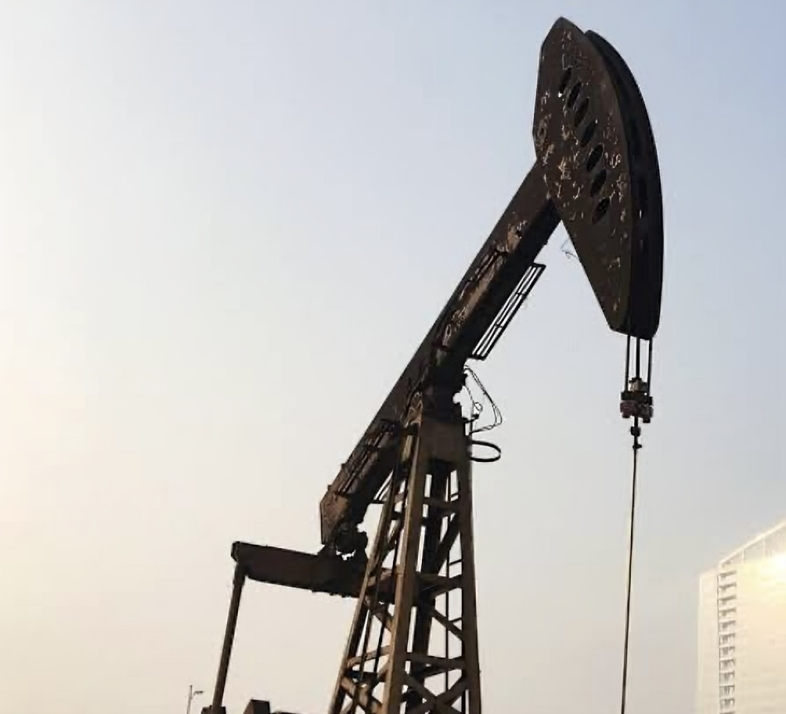KEY POINTS
- Oil prices fell by over 1% due to concerns about China’s economic slowdown.
- China’s economic data showed weaker-than-expected performance, fueling fears of reduced oil demand.
- Investors are closely monitoring how this will impact global energy markets and oil demand.
Oil prices fell by over 1 percent on Friday due to new information on China’s second-largest economy. This downgrade to the Chinese economy has fired concerns of slowing energy demand in the world’s second-largest economy and how that might translate across the oil market.
Brent crude and WTI futures dropped more than 1 percent after China reported its economic figures. The figures revealed that the country’s industrial output and retail sales have increased at a much lower rate than estimates set by most analysts for the year, thereby raising concerns about China’s demand for oil in the ensuing months.
The Chinese economic slowdown affects the oil demand.
China is the largest importer of crude oil in the globe and an important facet affecting the energy demand in the Global economy. The poor economic numbers from China have dampened the spirits in the market especially as many expected a better performance after China came out of its strict COVID restrictions.
But the latest figures have revealed that China’s economic recovery is slowing down. The Chinese economy has been facing problems of slower growth in important sectors and this has now raised questions about future demand for oil. Reuters reported that Brent crude fell 1.2% to $85.36 a barrel and WTI crude was down 1.3% at $82.21.
Market participants are becoming increasingly concerned about the effects of the slowing Chinese economy on oil, not least when the global economy is facing numerous risks. This has made oil traders to reconsider their expectations of demand and this is has been lifted through the recent price dips.
Other globally influential forces affecting oil prices
China’s economic performance is one of the reasons for the recent decline in oil prices, but not the only one. In the global oil market there has been observed a series of factors such as geopolitical factors, supply variation, and the movement by the oil exporting countries to support or cap prices.
Lately, oil prices had been rising due to supply cuts by some of the world’s largest producers including Saudi Arabia and Russia. However, fears of a slowdown in demand, especially from China, have now replaced those earlier gains. Because china is one of the biggest consumers of oil in the global market it dictate a troubling effect anytime its economy slows down.
Market trend and investor perception
As investors try to make sense of the latest numbers out of China, many are asking themselves if oil prices will keep falling or if they will plateau in the coming days. Many factors will depend on the ability of China to undertake measures that will enhance its economic performance and regain confidence in its recovery.
The oil market is generally very unpredictable, and sometimes some incidents such as political instabilities or changes in supply position may lead to changes in the entire market in short periods. For now, however, the focus remains on China and how its economic growth path will impact on oil demand in the next few months.
Expectation of stabilization in the midst of global energy requirements
There is still some hope in some quarters that the demand for energy may again rise helped by the continued low temperatures in some parts of the world especially in winter months. Moreover, it would also be possible for oil producers to limit the prolongation of the decline through ratios or through improving the current prices.
The global political bodies interested in energy consumption and the investors and industry analysts interested in the same, will be keenly watching for any precursors of revival in China and other such features that hold potential to either augur well or turn into sentient woes for the global energy consumption. For now, the market continues to be conservative due to the future unknowns that are yet to be faced.



